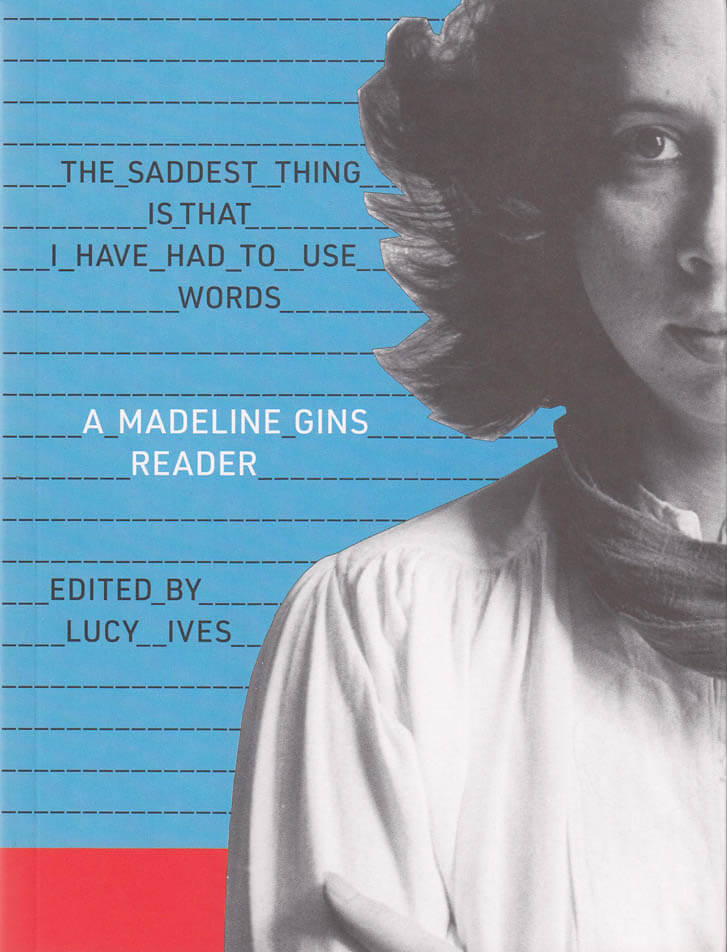
DEARS No. 2 HOPE.FULLY
Robert Steinberger ed., Delphine Chapuis Schmitz ed., Nicole Bachmann ed.
DEARS is a print magazine for transversal writing practices at the crossroads of art, poetry and experimental writing. It brings together authors and writers from different backgrounds and constitutes a dedicated platform for texts escaping the usual genres and disciplinary boundaries.
DEARS promotes the exploration of new forms of language as a way to foster new forms of living together, and emphasizes the growing relevance of trans- versal writing practices in this respect.
DEARS issue no. 2 / HOPE.FULLY / Spring 2021
With texts by Ann Cotten, Barbara Sirieix, Delphine Chapuis Schmitz, Heather Phillipson, Ines Marita Schärer, Kayije Kagame, Legion Seven, Leila Peacock, Louise Guerra Archive, Tarek Lakhrissi, and an epigraph by Rebecca Solnit
Editors are Delphine Chapuis Schmitz, Nicole Bachmann and Robert Steinberger
Language: English





